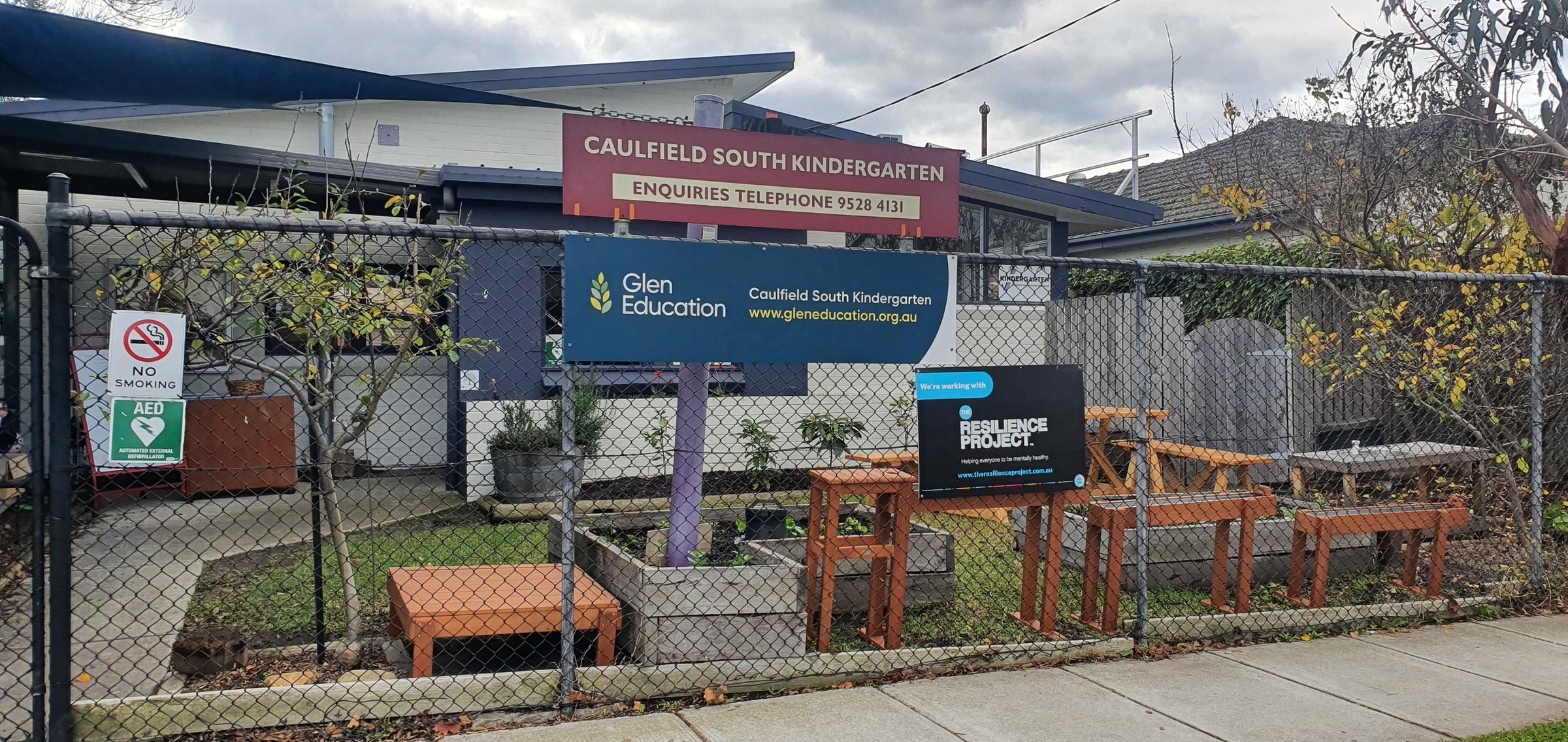Glen Education Caulfield South

Play is Child's Work
Junko Mackowiak, Early childhood Teacher
This year our kindergarten children have embarked on an incredible learning journey through play. In this term, we're thrilled to share the magic that happens when sandpits, water play, messy play, and spontaneous play become the canvas for our little ones' education.
Sandpit and Water Play: The World in Miniature
Our sandpit and water play areas have become miniature havens for exploration and creativity. These seemingly simple activities offer profound learning experiences. As children mould sandcastles and create moats, they are not just building structures but enhancing their fine motor skills, honing hand-eye coordination, and fostering imaginative thinking. The sensation of water running through their fingers introduces them to scientific concepts like flow and gravity engagingly and memorably.
Moreover, these environments encourage social interaction. As children collaborate to build elaborate sand kingdoms or share water toys, they learn essential interpersonal skills such as communication, cooperation, and conflict resolution. The sandbox becomes a microcosm of society where friendships are formed and teamwork is celebrated.
Messy Play: Embracing the Joy of Creativity
In our kindergarten, we firmly believe that a bit of mess is the gateway to creativity. Messy play, which includes finger painting, sensory bins, and other tactile activities, is not just about fun—it's about developing vital cognitive and sensory skills. When children dive into messy play, they engage their senses in ways that traditional learning methods cannot replicate.
Through exploring different textures, colours, and materials, children refine their tactile senses, laying the foundation for future academic success. The freedom to get messy fosters a positive attitude towards learning, where curiosity is celebrated, and mistakes are seen as opportunities to discover and grow.
Spontaneous Play: Unscripted Adventures
In our kindergarten, we understand the importance of unstructured, spontaneous play. While planned activities have their merits, allowing children the freedom to play without predefined rules stimulates their creativity and problem-solving skills. It's during these unscripted moments that true innovation occurs.
Whether building forts with cushions, creating a pretend restaurant in the dramatic play area, or organising impromptu dance parties, spontaneous play encourages children to think on their feet, make decisions, and express themselves freely. These experiences contribute to the development of executive functions like decision-making, self-regulation, and emotional intelligence.
The Benefits Abound: Holistic Development Unfolds
The beauty of learning through play lies in its ability to address the holistic development of a child. Our kindergarten curriculum seamlessly weaves these play-based activities into the learning journey, ensuring that every child not only gains academic knowledge but also hones crucial life skills.
As dive into sandpits, splash in water play areas, revel in messy creativity, and explore the wonders of spontaneous play, they are not just having fun—they are laying the groundwork for a future rich in curiosity, resilience, and a love for learning.
